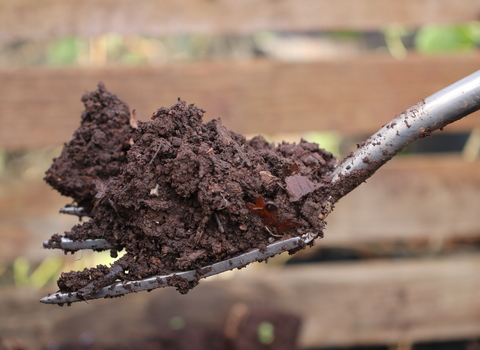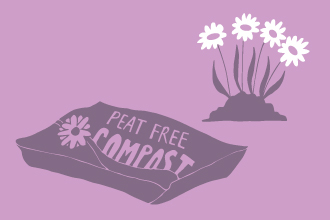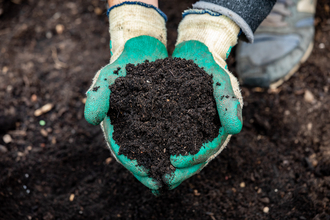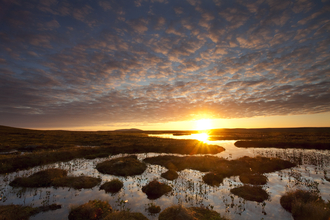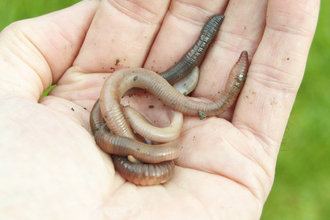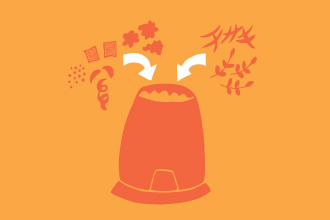Peat belongs in bogs, not in bags
Peat is far more than just a type of soil. It's a vital part of our wild landscapes, storing huge amounts of carbon and creating the perfect conditions for some rare and wonderful wildlife to thrive. It forms incredibly slowly, taking a thousand years to produce just one metre of peat. We can't afford to dig it up to use in our gardens, window boxes or other spaces, or to grow the plants that we buy from garden centres. We need to keep peat in the ground, in the brilliant bogs it forms.
The first step is to only buy peat-free compost - our peat free page below includes a list of retailers with peat-free offerings.
You could choose to make your own compost instead - if you don't have a garden, an indoor wormery or a community compost scheme could help provide compost for growing your potted plants. Did you know that slugs and snails are vital for a well-rotted compost heap? You'll want to encourage these minibeasts over to your compost heap where they can do some of the hard work for you - and they attract other wildlife into your garden, such as hedgehogs and birds, who love to snack on them too. This year, our Wild About Gardens campaign with the RHS is all about how great these overlooked heroes are, so check out our slug safari and make friends with molluscs here.
The next step is to avoid buying plants that were grown in peat compost. This can be a little trickier, as they aren't always labelled, so you may need to ask. We've got more tips on the pages below.

